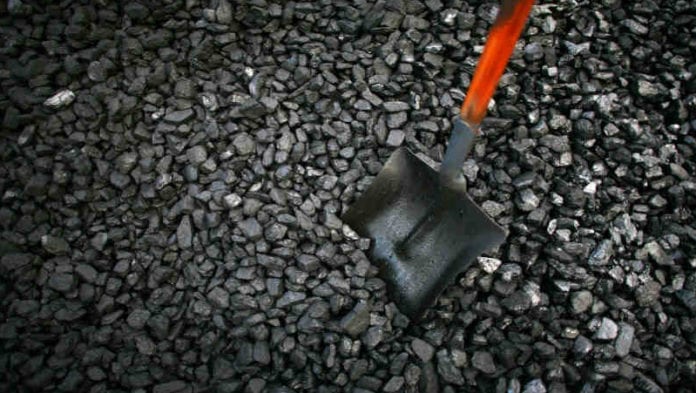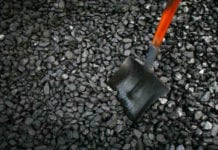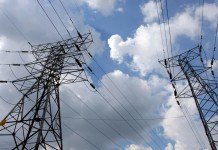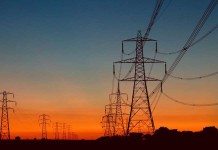
AFRICAN Rainbow Minerals is to halt investment in new coal projects, citing increasingly stringent environmental regulations.
The group, led by former lawyer Patrice Motsepe, identified the Climate Change Act as a pressing concern for its operations, according to a report by Business Day. Measures including carbon taxation, mandatory emissions reporting and carbon budgeting are anticipated to drive up operational expenses in coming years.
In a climate strategy document, ARM outlined plans to phase out coal while pursuing opportunities in critical minerals. Existing coal assets will operate until they reach the end of their economic lifespan, while capital allocation shifts toward transition metals.
The statement follows the government’s publication of carbon budget regulations three months ago, said Business Day. The framework, enacted in March, grants authorities power to establish sectoral emissions limits and impose company-specific thresholds. Violations carry substantial monetary penalties and potential imprisonment, it added.
ARM also said the European Union’s Carbon Border Adjustment Mechanism was a risk to its ferrous operations, which generated most of its recent revenue. The mechanism will levy charges on carbon emissions embedded in imported products like steel from next year, affecting developing-nation exporters.
ARM is working with policymakers to shape regulatory outcomes and implementing a sustainability tracking system across operations this year. The company invested R55.7m in Canadian explorer Surge Copper, acquiring a 19.9% position as it pivots toward copper, essential for renewable energy infrastructure and electrification.
Its portfolio includes platinum group metals for hydrogen technology and hybrid vehicles, plus nickel and manganese for battery production which are positioned to benefit from decarbonisation trends.
Coal prices have declined 25% year-on-year despite recent Chinese demand. ARM’s coal division profits collapsed 88% to R47m in the year ending June owing to weaker prices and reduced output from its Mpumalanga operations.











